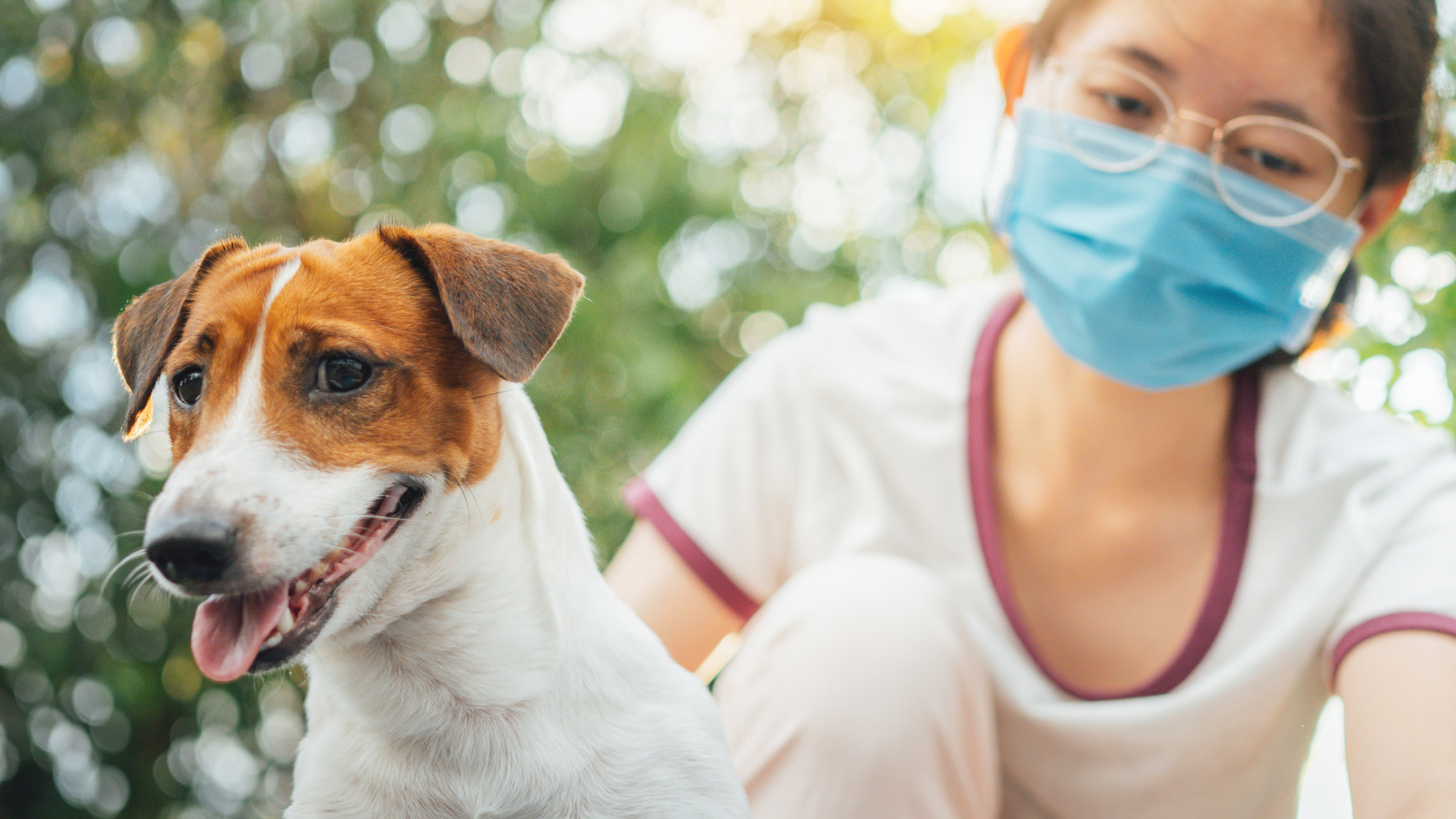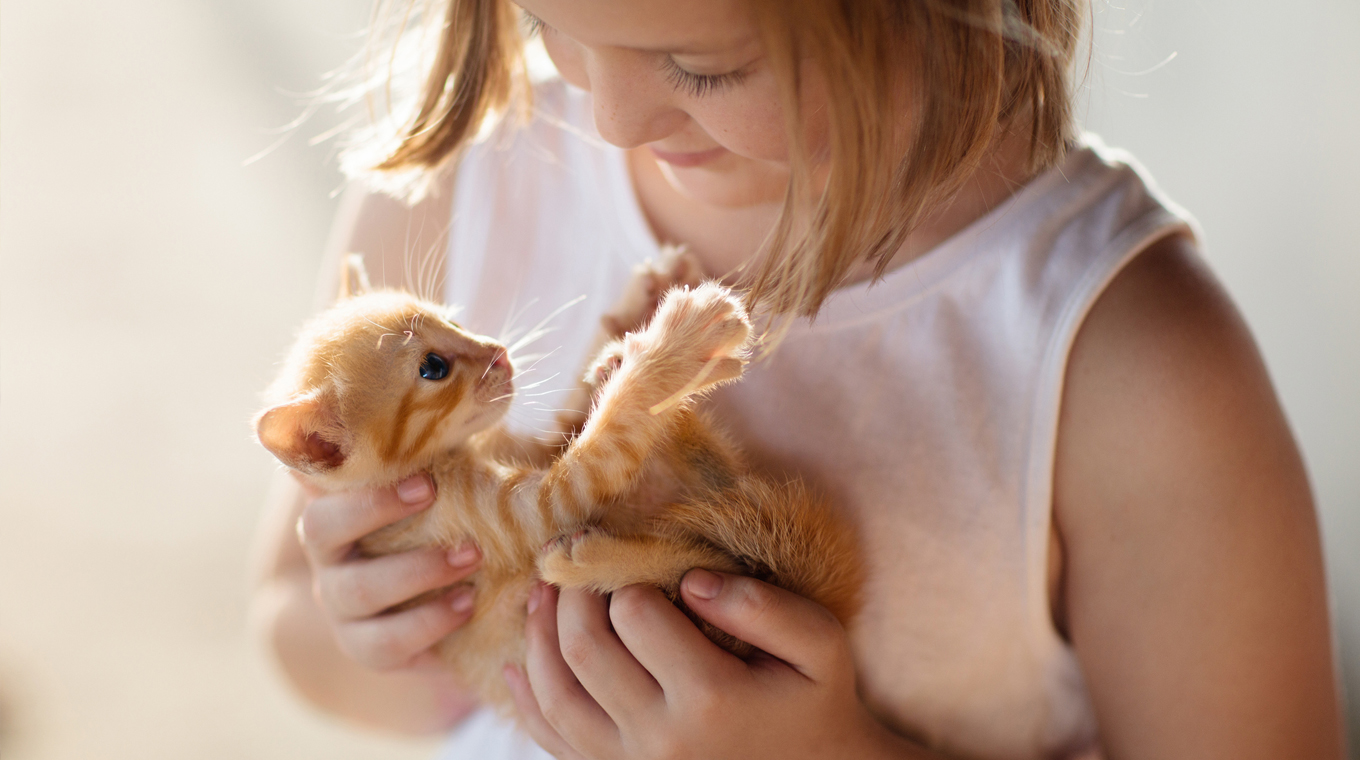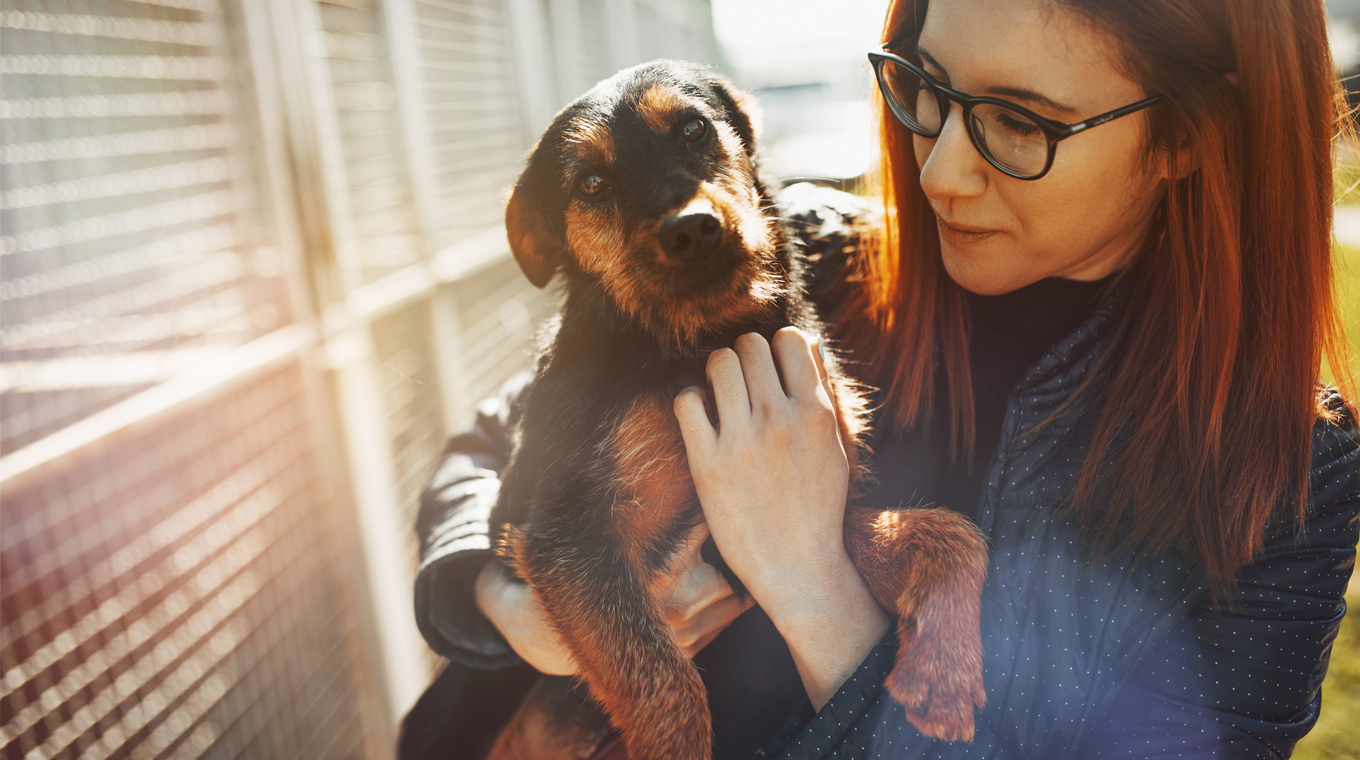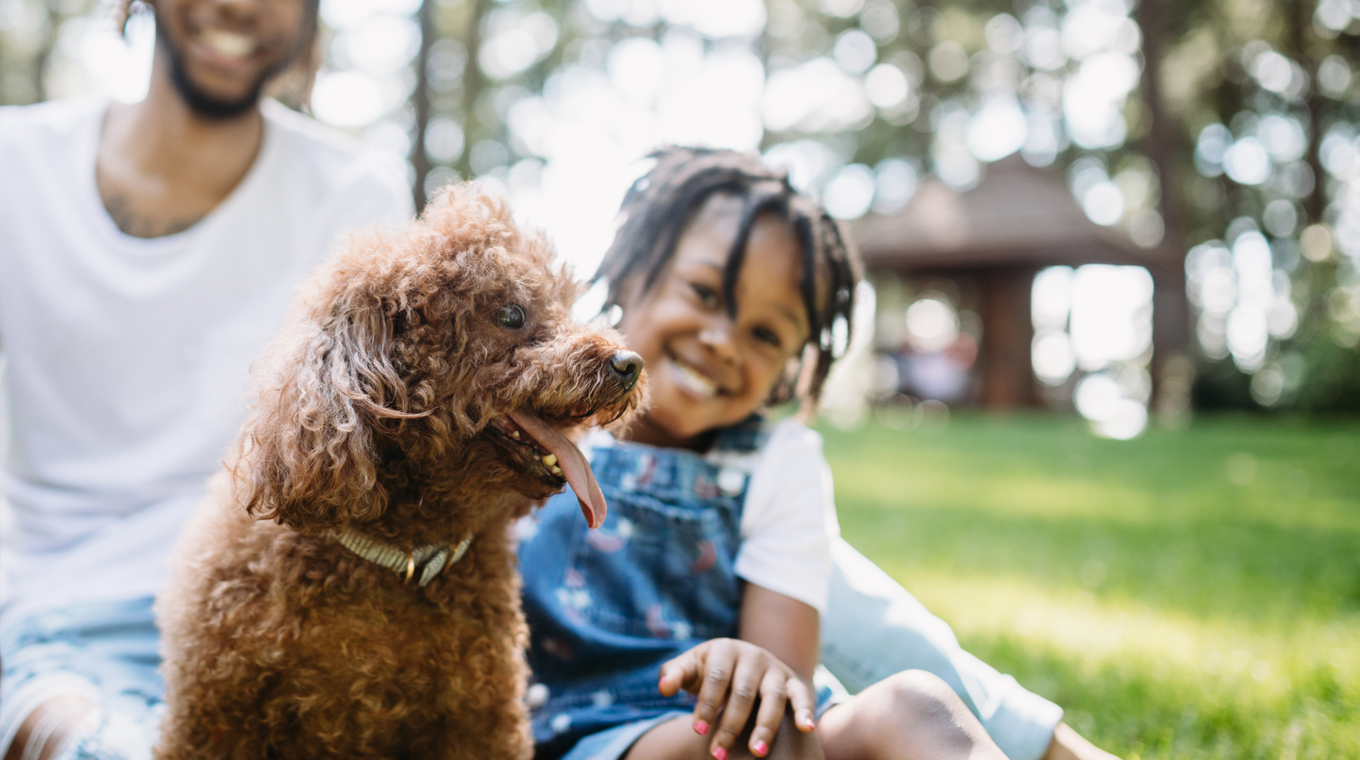
In this article
A funny thing happened as states shut down as a response to the COVID-19 pandemic: Animal shelters around the world saw a surge in pet adoptions. Market Watch reports that "many Americans have been coming forward to adopt or foster animals, since they plan to spend most of their time at home for the foreseeable future, anyway."
"There are certainly a lot of benefits to adopting a pet during COVID lockdown," Megan Marrs of the dog resource site K9 of Mine told Mom.com. "For one, families are spending a lot more time at home, offering plenty of opportunities to bond and train with a new dog."
Why families are adopting during the pandemic

California mom Christina Miraglia adopted a kitten last month for her son and daughter (ages 12 and 13), and told Mom.com the experience was "awesome."
The decision to adopt a pet was not made on a whim. Christina and her husband had already done their homework on choosing a pet that would be a good fit for their family.
"My son had been asking for a kitten for almost a year," Christina said. "Shortly after the stay at home order was put in place, our former babysitter was looking to find homes for a litter of kittens. My husband and I decided this would be a good time since the kids were home to feed her and look after her."
Christina's son is on the autism spectrum and she told Mom.com that the new kitten has helped him with calming down and transitioning to bedtime, which has always been challenging. "Since the kitten, Beans, has come home with us she has preferred him and sleeps with him. As a result, his sleep issues have been infrequent and minor," she said. "Her presence has made my son — and by extension, my household — more peaceful."
The Fukusawa family of Sacramento also adopted a cat last month, after careful consideration. "Our dog is so high energy it would take a cat with the right initial demeanor to make integration easier," Stefan Fukusawa told Mom.com. They began with an online search just out of curiosity, but "started seriously looking when we realized us being home during the pandemic would give us lots of opportunities to work with both of them throughout the day."
Finding an animal rescue or shelter near you

The work of animal shelters and rescues has been deemed by most states as "essential businesses," but nothing about this pandemic is "business as usual."
"Finding agencies that were open and taking appointments was a little difficult because not everyone updated their adoption hours and availability," Stefan remembered. "The actual adoption wasn't that different beyond the social distancing. We got to see and play with the cat in the foster famiiy's living room. Just like most adoptions, we had to make the decision on the spot because others had applied for the same cat."
The ASPCA, Petfinder.com, and AdoptAPet.com all work with rescues throughout the country, and its websites are an excellent resource to connect you with a shelter in your region.
The dos and don'ts of adopting a pet in uncertain times

Dr. Wendy Watts of Virginia Veterinary Centers in Richmond offered Mom.com the following checklist for potential new pet owners:
1. Do consider the cost. Financial commitments only begin with the adoption fee or cost of the pet. Your new family member is going to need quality food items, bedding/furniture, potentially litter boxes/litter, toys, collars/leashes. Will there be a need for outdoor accommodations, too? Will you need a fenced yard? Dog door?
2. Don't underestimate unexpected expenses. Veterinary costs can quickly soar beyond a typical household budget with any significant illness. Having an insurance policy can be helpful, but premiums are a cost that must be considered as well. Are you considering a puppy or kitten that may still need to complete its vaccine series?
3. Do plan for obtaining food and other supplies. This includes litter, bedding, and toys. There are delivery services of course, or are you close to a local pet store or grocery that will consistently stock what your pet needs?
4. Do pay careful attention to veterinary considerations. Many veterinarians have altered hours of operation these days or may not be taking new patients. Some are not doing routine or wellness visits – which could put your new young puppy or kitten at risk for infectious disease if you don’t have an alternate source for juvenile wellness visits. By the same token – puppy classes and socialization events are in short supply or unavailable now. What will be your plan for training and socialization?
5. Don't think short term. What about when the pandemic is over? Sure … you're working from home right now and can step away from the laptop and headset to take Rover for a walk at a moment's notice. But what about when you go back to work at the office, will you be coming home to walk him, will you hire a dog walker? Once the gym is open again, you will have options other than playing fetch in the yard, will you still devote the same amount of time to caring for your new pet that you were previously?
Stefan is still glad they decided to adopt during this time. "If you are able to make the commitment, now is probably as good a time as any, especially if you are working from home," he said. "It really helps them acclimate when you are home all day."







